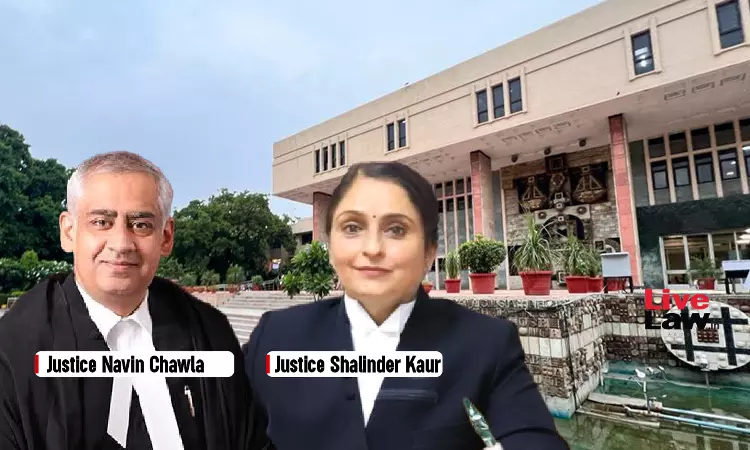A Division Bench of the Delhi High Court comprising Justices Navin Chawla and Shalinder Kaur dismissed a Writ Petition seeking to upgrade the Petitioner's Annual Performance Appraisal Report (APAR) based on being graded as 'very good' and 'outstanding' in the previous years. The Court further held that the APAR could not be interfered with as the Reporting Officer had written the...

